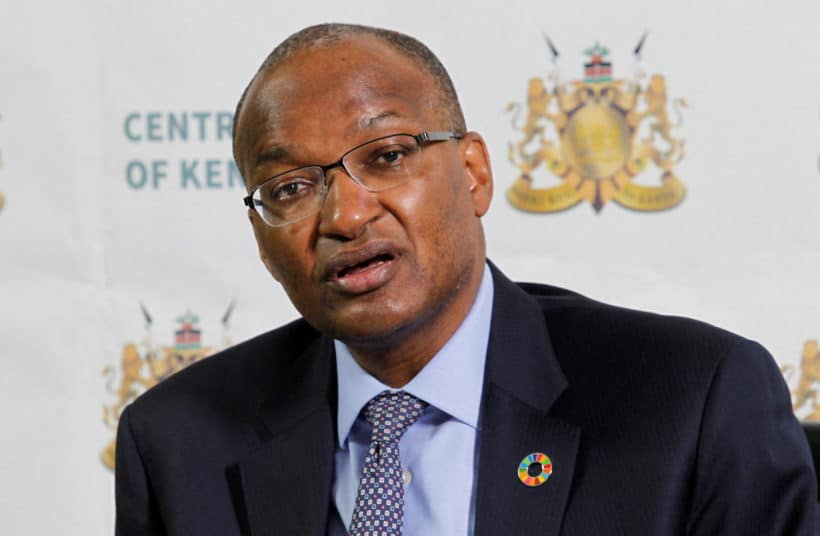
NAIROBI, Feb 10 (Reuters) – Kenya’s central bank has invited the public for views on the potential introduction of a digital currency, in a shift from its original opposition to crypto assets.
The East African country pioneered mobile money payments with Safaricom’s M-Pesa in 2007, but its central bank has not issued a digital currency due to concerns about the risks.
The risks included commercial banks being constrained by movement of deposits into the digital currency and financial exclusion of those without access to technological infrastructure or knowledge, the bank said on Thursday.
A digital currency could curb the effectiveness of monetary policy and increase risks of money laundering, the bank said.
Read more: WEF report warns of Covid inequalities fueling social tensions across the globe
But the bank also said a digital currency could offer some benefits especially in reducing cross-border payments costs.
“The balance of risks and benefits of central bank digital currency will vary from one economy to another,” the bank said in a statement.
For the digital currency to work, the bank said, all countries in the region needed to participate in order to flatten “the multi-layered correspondent banking structure” and shorten the payment chains.
Tanzanian government officials said last year they were working on a directive from the president to prepare for the introduction of digital currencies.
The central bank and other public bodies in Kenya are required to seek views from the public before taking major decisions.
(Reporting by George Obulutsa and Duncan Miriri. Editing by Jane Merriman)

